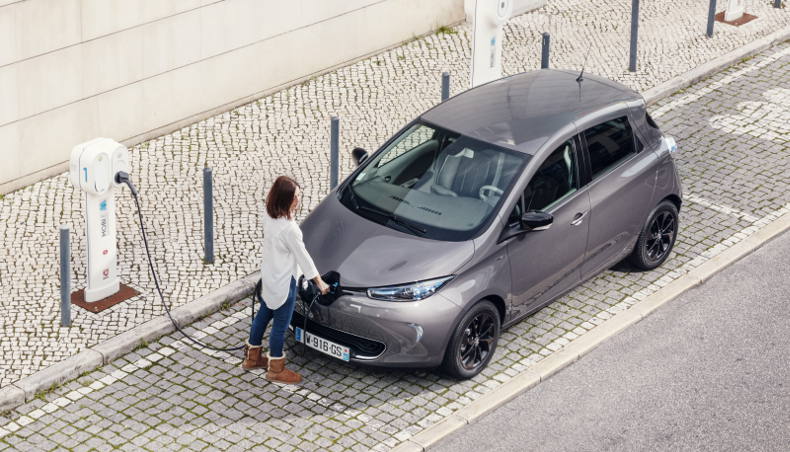
They came onto the automobile scene a decade ago, but not everyone is familiar with them yet. “They” are electric vehicles. They’re a textbook example of the emergence of new forms of mobility, and the advent of a seismic shift in our modes of transport, in the short and long term.
To help you respond to the questions raised by these issues in our society, the Renault Foundation and Ecole des Ponts ParisTech have created a “Mobility and Electric Vehicles” MOOC. This open-access MOOC (Massive Open Online Course) is free! Let us tell you all about it.
Will the last vehicles to fill the roads of 21st-century cities be electric? Are the environmental gains from vehicle electrification enough to justify the massive outlay on recharge infrastructure? Are electric vehicles only for richer, more developed countries? These are questions the public asks regularly. The Renault Foundation and Ecole des Ponts ParisTech have come together to create a new “Mobility and Electric Vehicles” MOOC to answer them. This MOOC is open to the public and is available for free (in English and French) on Coursera. Its goal is to explore the issues surrounding sustainable mobility, conduct an inventory of electric mobility and outline a prospective overview of its development.
 30 expert views
30 expert views
No need to be an engineer, a sociologist or an economist to take this class. Made up of eight chapters, this MOOC combines course videos that summarize one aspect of the problem in around ten minutes, “Did you know?” segments that distill the information available on a subject into three-minute capsules and POVs of experts from Groupe Renault or other Ecole des Ponts ParisTech partners. In total, nearly 30 academic and industry experts were brought in to enable everyone to make up their own mind about electric mobility.
Sustainable cooperation
Groupe Renault and Ecole des Ponts Paris Tech have been collaborating for close to 15 years on topics linked to sustainable mobility. Together, they have created two Masters programs (Transport and Sustainable Development in 2004, Mobility and Electric Vehicles in 2010) and the Institut de la Mobilité Durable (Institute for Sustainable Mobility) in 2009, to support the changes that are taking place.
